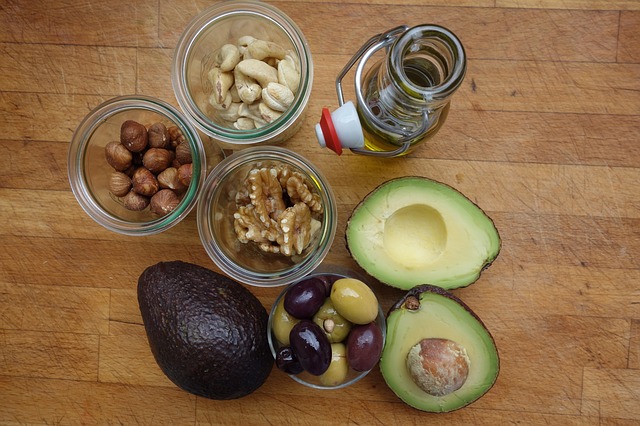According to a study in the Journal of the American Heart Association, eating healthier fats could save more than a million lives worldwide every year. Instead of focusing solely on reducing saturated fats, researchers found there would be a much bigger impact on heart disease deaths if the priority was to replace saturated fats and refined carbohydrates with the increased (yet moderate) consumption of polyunsaturated fats, as well as to reduce trans fats. Here’s the skinny on these types of fats:
Saturated fats are found in meat, cheeses and dairy products, as well as palm and coconut oils. Saturated fats raise the level of bad (LDL) cholesterol, increasing the risk of heart disease and stroke.
Trans fats, found in partially hydrogenated oils, raise LDL cholesterol levels and lower good (HDL) cholesterol levels, increasing the risk of heart disease and stroke. It’s also associated with a higher risk of developing type 2 diabetes.
Polyunsaturated fats can help reduce LDL cholesterol levels. Oils rich in polyunsaturated fats also provide essential fats such as omega-6 and omega-3 fatty acids. Sources include soybean, sunflower and corn oils, tofu, nuts and seeds, and fatty fish such as salmon, mackerel, herring and trout.
Monounsaturated fats reduce LDL cholesterol levels. Sources include olive oil, avocados, peanut butter, and many nuts and seeds.

